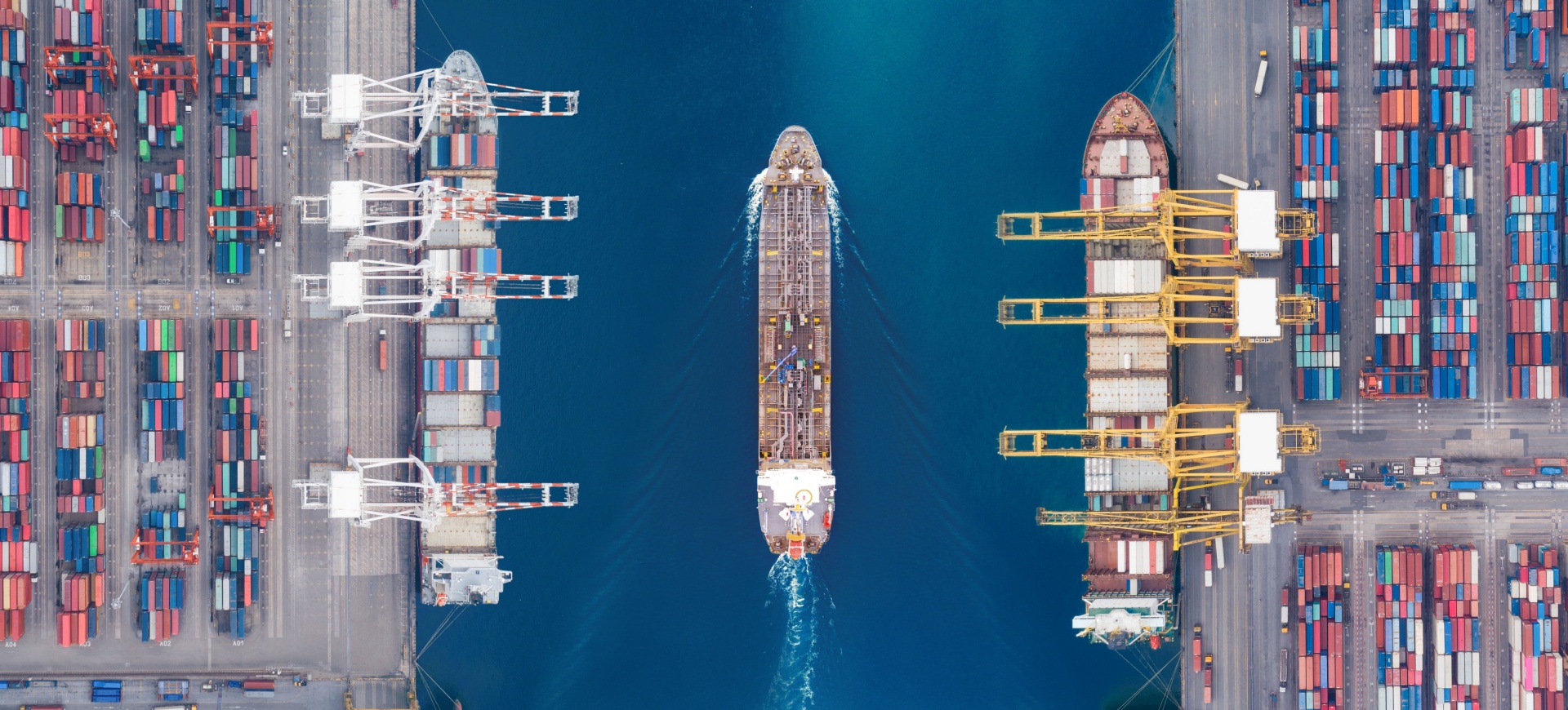Trust in customs
Trust is a major challenge facing the global trading community, but the World Customs Organization is committed to fostering confidence in customs, ensuring its members and the societies and economies they serve can rely on trade as a means to achieve resilience and prosperity
As the G7 summit convenes, the global community faces geopolitical shifts, socioeconomic inequalities and an escalating climate crisis. The urgency is clear, as underscored by the G7 trade ministers in February 2024, and calls for concerted action. As the international voice of customs administrations, the World Customs Organization is at the forefront of navigating today’s challenges to border security and trade facilitation.
As I begin my tenure at the WCO, I see that one major challenge facing the global trading community today is trust. In this context, there are three aspects:
- Trust that customs will ensure global supply chains will function no matter what they are confronted with;
- Trust that the digital infrastructure on which customs relies will work effectively without detrimental effects to privacy; and
- Trust that customs can adapt to the new economy in light of e-commerce expansion.
The WCO has long worked to create and preserve a trusted trade and security environment. The creation of the SAFE Framework of Standards to Secure and Facilitate Global Trade in 2005 reflected our recognition that trustworthy global economic and security relationships are built on stable supply chains. However, with time come new threats and the need for the WCO to continue its evolution to assist the organisation’s 186 members in keeping that stability.
Previously, the WCO focused on natural disasters and terrorism as the two primary threats to global supply chains. Informed by the Covid-19 pandemic, the WCO is expanding its focus to overall supply chain resiliency, working to ensure that cross-border trade is able to withstand multiple stresses. The WCO developed the ‘WCO Guidelines on Disaster Management and Supply Chain Continuity’. The guidelines assist members with the challenges created by natural disasters and pandemics and two other threats to supply chain continuity: conflict and climate change. These threats require non-traditional responses to disaster recovery and response, and the WCO stands ready to meet the challenge.
Integrating technology
Another concern is managing the integration of technology into customs processes while recognising potential impacts on privacy and security. Solutions include a common data exchange language, addressing the privacy of data shared between customs administrations and protecting the integrity of the enabling digital infrastructure. The WCO is responding to these issues robustly.
In June 2023, the WCO released its latest version of its data model, born from the G7 data initiative of years past. The WCO Data Model has served as the universal language for cross-border data exchange for 20 years. Not only did the WCO expand the library of data; it has also increased access to the model through creation of the WCO Data Model App, which we provide free to members.
With respect to privacy and security, the WCO takes the long view. Also in June, the WCO Council emphasised the importance of sharing transaction-level data between customs administrations within established privacy and security guidelines. The WCO is raising awareness of data protection measures, including the incorporation of access controls, multi-factor authentication, encryption, routine system updates and vigilant network monitoring. Ensuring members understand the importance of such measures enables their systems and procedures to incorporate better protections for customs data domestically and when exchanged.
Finally, in order to grapple with the explosion of e-commerce, the WCO worked closely with its members and stakeholders to develop the WCO E-commerce Package. The package focuses on managing the financial and security risks of high-volume, low-value small shipments. Facilitating legitimate trade, ensuring fair and efficient revenue collection, and combatting criminal exploitation are all taken into account in the package. It also undergoes periodic reviews so that lessons learned and changes in the environment can be used to refine approaches.
The WCO is committed to building trust in customs so that its members and the societies and economies they serve can rely on trade as a means to achieve resilience and prosperity. Through dialogue, cooperation and action, we are committed to working towards a future in which the customs community helps address the pressing issues of our time. Through diligence and with support, the WCO will continue to position customs as an enabler of economic growth as conditions change and the need for trust remains.












